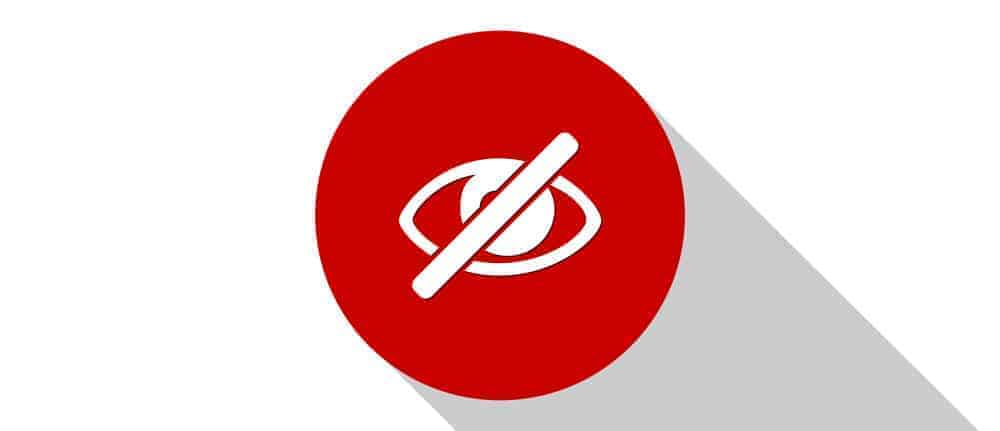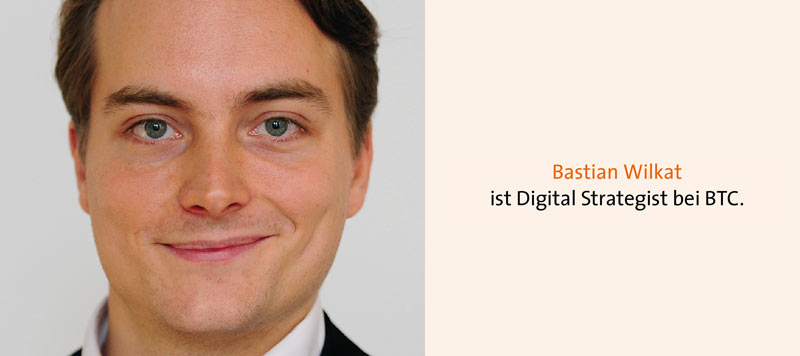Do not adapt blockchain blindly


Companies in all sectors are considering the opportunities offered by the technology, which has so far mostly been associated with Bitcoin as an internet payment method. The energy sector is very interested in the "cryptographically secured chain of transactions".
Blockchain has a particularly strong appeal in the energy sector: the Energy Web Foundation was established in May 2017 to explore its potential applications.
In June 2017, 31 participants founded the German Blockchain Association. The first projects and feasibility studies are also underway: Vattenfall, for example, is investigating in its project how electricity can be traded without a centralized market.
TenneT and Sonnen as well as Vandebron and IBM are testing flexible and decentralized grid management in two pilot projects. The billing of e-charging stations could also be carried out via the secure blockchain.
Blockchain applications are currently springing up like mushrooms. BTC is part of the blockchain community and is currently developing a cooperation with the University of Frankfurt.
Blockchain - the ten could-dos
- Be clear about your goal. Many companies formulate their goals very vaguely: "We want to do something with the blockchain", they say. A clear goal, e.g. "building knowledge", is already a big step forward.
- Seek the support of a business tech generalist. In the early stages, it is advisable to look at the issue through a business lens: What could a new business model based on the new technology mean for business processes?
- Bring the knowledge and implementation expertise of blockchain tech experts into your company. This is because in a project with the new "trust platform", as the blockchain is also known, you very quickly reach the stage of writing code, provided that the developers and experts who know the architecture and language of blockchain technology are also available in the company.
- Peddle the topic internally! Experience shows that those responsible in the company often don't know that they have blockchain experts on board, but bitcoins have been "on the move" on the internet for around eight years and many employees have gotten to know them there. It is advisable to look for the previously "invisible" experts in internal social networks.
- Network with other companies and interested parties in order to learn from each other and, for example, tackle joint pilots. Cross-industry hackathons in Frankfurt and Berlin, where there were no secrets, show the great advantages of such meet-ups.
- Experiment with the technology for yourself to get to know the mechanisms in a playful way. For example, use wallets, purchase different coins or take part in initial coin offerings (ICO), etc.
- Read original white papers that report on blockchain projects. They often contain the technical documentation, demonstrate how the algorithm works and give an idea of how and whether the technology works in a specific case.
- Read the blogs and tweets of top developers such as Gavin Wood, Stephan Tual, Carsten Stöcker, Vitalik Buterin and Andreas Antonopoulos.
- Do not call your company project a blockchain project. Blockchain is just the technology. But it's about your benefits or the application. Simon Bartmann from BTC makes an apt comparison:
"When I write an app, I don't call it a Java or HTML project, I focus on the benefits." - Don't forget that the blockchain revolution lies in "decentralized trust". Decentralized secure communication without intermediaries is an opportunity to make a process very efficient and at the same time increase trust in transactions on the Internet. Everyone benefits from this.








